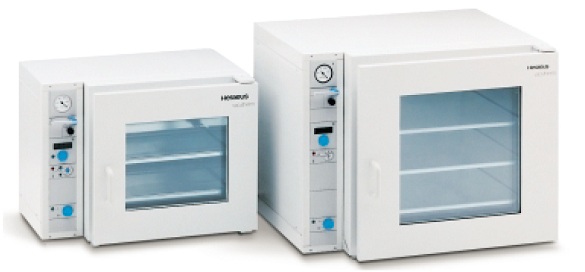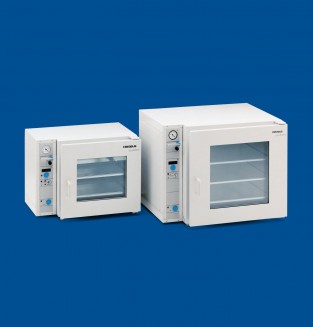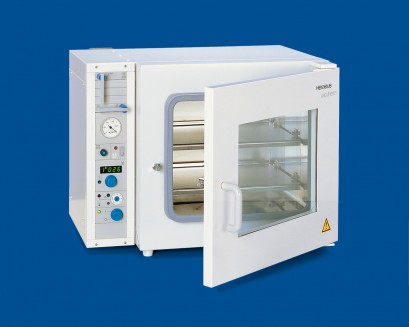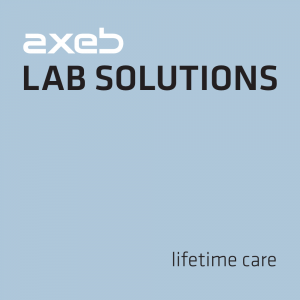Vacuum applications offer many benefits
The intelligent, modular system: two sizes and two types of heating Series 6000 vacutherm® ovens uncompromisingly meet all demands relating to heat treatment in vacuum, whether simple routines or complicated processes up to 400 °C are involved. Starting with high quality standard models, application specific configurations can be realised through selection from a wide range of equipment options.
Vacuum applications offer many benefits:
- Gentle drying of heat sensitive materials
- Significantly reduced drying times
- Residue free drying of intricately designed parts
- Elimination of oxidation associated with heat treatment
- Safe drying of flammable solvents
- Targeted recovery of degassed products
Features
- Modular design
- Two types of heating
- Temperatures to 200, 300 and 400 °C
- Total volumes of 53 and 128 l
Standard features
- User friendly Kelvitron® t microprocessor controller for jacket heated ovens and Digicon® multi-channel Controller for shelf heated ovens
- Upper limit cut-out for oven and product protection
- Certified safety (GS-mark)
- Vacuum chamber made of stainless steel (1.4571), electropolished, 100 % rounded corners, easy-to-clean and corrosion resistant
- Stainless steel vacuum fittings, tubing and ball valve
- Analogue pressure display
- Rapid ventilation valve for quick ventilation of the chamber
- Additional precision valve for gentle ventilation
- Inert gas connection for controlled atmosphere. A safety valve prevents overpressure inside the vacuum chamber
- DN 25 access port in the rear wall
Two types of heating
The vacutherm® 6000 series is available with two different types of heating:
- model M, jacket heating:
Heat transfer from the vacuum chamber via the shelves to the load
- model P, shelf heating:
The shelves incorporate heating coils. Heat is transferred directly to the load.
- The benefits of shelf heating
The direct energy transportation ensures rapid heating-up and process times. Drying process times can be reduced as much as 6 fold compared to standard drying methods.
See following video – and find us on YouTube




